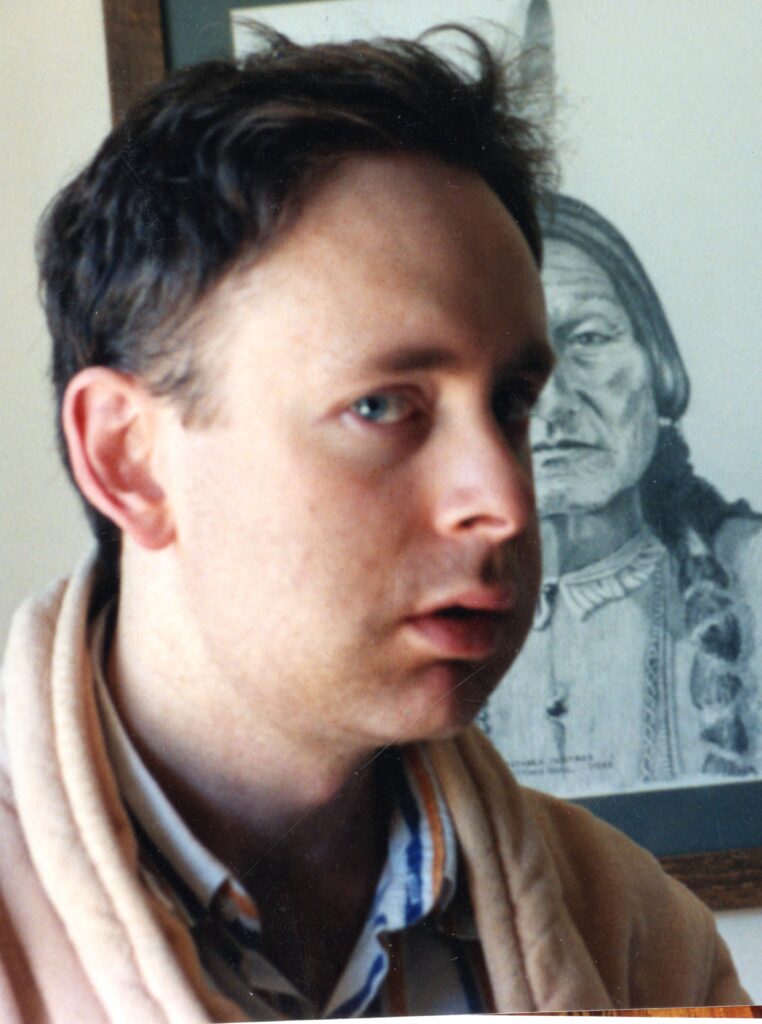It sounds like a riddle: How do you know to ask for important information when you don’t know there’s important information to ask for? Most of us trust that the information we’ll need to navigate a new situation will be helpfully volunteered if it’s not obvious already.
But this is not always the case. We’ve all had the experience of finding out too late that there were rules not posted. Opportunities not advertised. Expectations unspoken.
At 30, I had my wisdom teeth removed. Thanks to anesthesia, which I’d never experienced, I had no pain. But, medical neophyte that I was, I had no knowledge of anesthesia’s nasty aftereffects. Twelve hours after the surgery, I emerged from my retching chamber a pitiful shade of my former self.
A visiting friend eyed me piteously and assessed that I had not been given what she very offhandedly called an anti-nausea medication. “WHAT?” I shouted, my stomach turning again. “Such a thing exists? And I wasn’t given it???”
In my follow-up visit with the oral surgeon one week later, I tried to locate in his kindly face the sadist who had deprived me of the medication that could’ve spared me a day on my bathroom floor. I repeated to him what my friend had said, then put it to him: “Is it true I could have been given something to prevent the nausea?” He gave a vague, noncommittal nod.
“Then why,” I asked trying to sound more curious than homicidal, “wasn’t I given it?”
Clearing his throat he answered, in his best medical jargon, that to get it I would’ve had to request it.
That’s right. By not asking for the medication I had signified my preference for the default Heaving Marathon.

Why People Withhold Information
When those we count on for guidance, in any field, withhold key information their reasons may vary. (My oral surgeon was clearly negligent, which doctors I’ve spoken to have since confirmed.) Some experts and officials might be indifferent or distracted, others poorly trained. But the majority of them have simply lost touch with what it’s like to be the Uninitiated.
They’ve forgotten that the workings of their world so familiar to them are not common knowledge. Their daily habits have lulled them into assuming that everybody knows the shop is closed on Tuesdays after 3pm, or that there’s no address shown on their building, or that the bridge has been out for six months.
Perhaps the most famous offender was Glinda, the “good” witch in the film classic The Wizard of Oz. When the Scarecrow asks her point blank why she hadn’t told Dorothy that she always had the power to return home, Glinda sweetly replies, “Because she had to learn it for herself.” Translation: “Hey–she didn’t ask.”
Ask to Anticipate
As novices and newcomers, we don’t ask for information we don’t know to ask about. This sets us up to learn the hard way. The alternate I propose is not that we should enter new experiences as hyper-cautious control freaks anxious to predict every unknown. But we can make small inquiries to help make the journey smoother, if not optimal. Below are just a few examples of questions that could pay off to ask someone-in-the-know, or investigate online:
As I start my new job here … What are the biggest mistakes new hires make? What did you, my fellow employee, learn later that you wish you’d learned sooner? What advice can you give a rookie like me?
Before I drive to your business … what’s the parking situation? Is there free or vouchered parking available in the area?
Before I bring the kids … Is the event/ show/ environment suitable for 3- and 5-year olds?
Before I go to the appointment … Is there specific documentation I need to bring?
Before I sign the contract … what does this fine print mean?
Before I buy this … is this going on sale anytime soon?
Do you offer student/ senior/ military discounts?
Before I purchase the medication …
Is there a generic form that’s less expensive?
Is it compatible with my other medications?
Before I do x … Can you suggest a way for me to save time, money or hassles in this situation, or ways to get the most out of it?
Asking questions like these can shock the information keepers from their fog of habit and back to their “beginner’s mind,” that time before they knew what they know now but have forgotten to share with you.
So, if I could go back in time, I’d confidently ask that oral surgeon: “Is there anything you might assume I know but that I really don’t, and by assuming it, would make me sick for 24 hours, even if I have no knowledge on which to base this question?”
See how easy?
Photo by Emily Morter on Unsplash
Paul Quinn is author of a book-in-progress about the power and skill of asking, which features portions of this content.

0 Comments